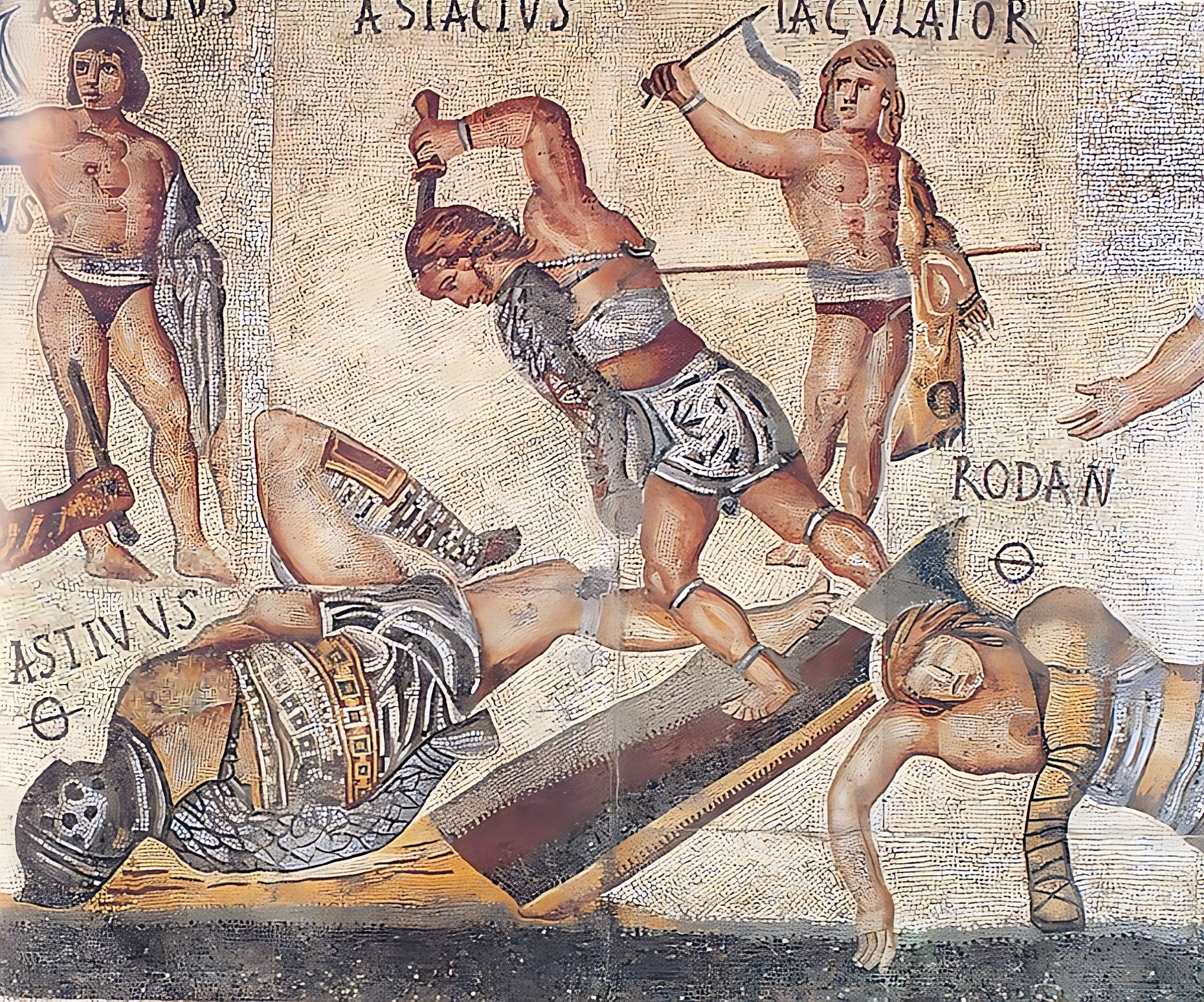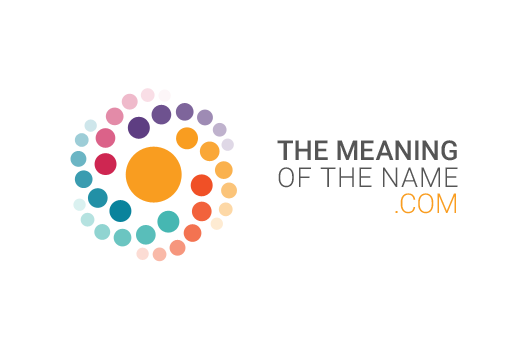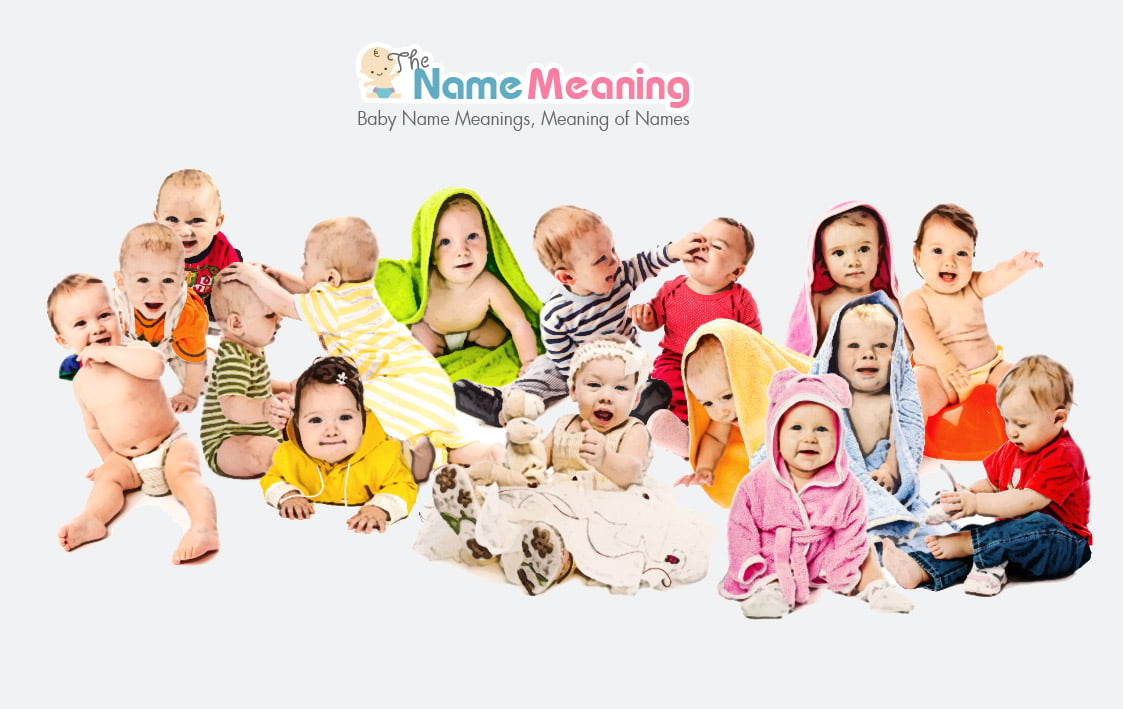Rodan the Gladiator
I felt this would be the most appropriate thread to share this intriguing photo in that I recently came across of a Roman mosaic (known as the Gladiator Mosaic) depicting a bunch of gladiators which has been dated to the first half of the 4th century (i.e. 300’s AD). What is intriguing about it is the name of the fallen blond, long-haired gladiator with the very Macedonian sounding name, Rodan. We know he has been killed by the Greek letter Θ placed next to his name which apparently stood for “Thanatos”, meaning dead. Would it be such a stretch of the imagination if this gladiator turned out to be a Macedonian? We know the Romans used many slaves from the conquered territories to fight as gladiators and Thracians and Macedonians would have featured prominently in these staged fights to the death. They even named a type of gladiator after the Thracians, the Thraex.

I felt this would be the most appropriate thread to share this intriguing photo in that I recently came across of a Roman mosaic (known as the Gladiator Mosaic) depicting a bunch of gladiators which has been dated to the first half of the 4th century (i.e. 300’s AD). What is intriguing about it is the name of the fallen blond, long-haired gladiator with the very Macedonian sounding name, Rodan. We know he has been killed by the Greek letter Θ placed next to his name which apparently stood for “Thanatos”, meaning dead. Would it be such a stretch of the imagination if this gladiator turned out to be a Macedonian? We know the Romans used many slaves from the conquered territories to fight as gladiators and Thracians and Macedonians would have featured prominently in these staged fights to the death. They even named a type of gladiator after the Thracians, the Thraex.





Comment